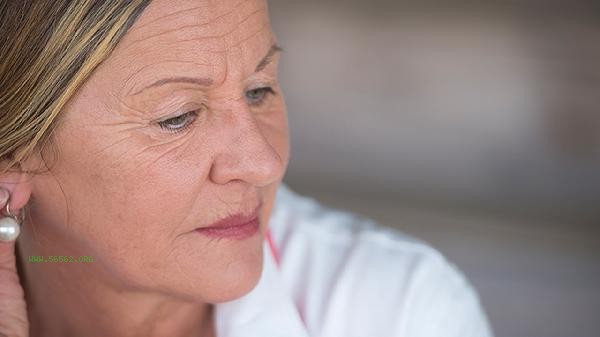Menopausal women need to supplement with nutrients such as calcium, vitamin D, high-quality protein, dietary fiber, and phytoestrogens. Menopause can easily lead to problems such as osteoporosis and cardiovascular disease due to the decrease in estrogen levels. Targeted nutritional supplementation can help alleviate symptoms.

1. Calcium
Calcium is a key nutrient for maintaining bone health. The daily calcium requirement for menopausal women is 1000-1200 milligrams, which can be consumed through foods such as milk, tofu, and sesame seeds. Calcium deficiency may increase the risk of osteoporosis, and it is recommended to combine vitamin D to promote absorption. Lactose intolerant individuals can choose low lactose dairy products or calcium supplements.
2. Vitamin D
Vitamin D can regulate calcium and phosphorus metabolism and prevent bone loss. Menopausal women with insufficient sun exposure need to supplement 600-800 international units daily. Foods rich in vitamin D include deep-sea fish, egg yolks, and fortified foods. Lack of vitamin D may lead to symptoms such as muscle weakness and bone pain. It is recommended to regularly test serum vitamin D levels.
III. High Quality Protein
Adequate amounts of high-quality protein help maintain muscle mass and metabolic function. It is recommended to consume 1-1.2 grams of protein per kilogram of body weight per day, with priority given to low-fat sources such as fish, chicken breast, and soybeans. Protein deficiency may accelerate muscle loss, but excessive intake can increase the burden on the kidneys, and individuals with abnormal kidney function need to control their intake.

4. Dietary Fiber
Dietary fiber can improve common constipation problems during menopause. Whole grains, broccoli, apples and other foods should provide 25-30 grams of dietary fiber per day. Adequate intake can also regulate blood sugar and blood lipids, reducing the risk of cardiovascular disease. People with weak gastrointestinal function need to gradually increase their intake to avoid bloating. Plant estrogens such as soy isoflavones can alleviate menopausal symptoms such as hot flashes and night sweats. It is safe to take 50 mg of soybean isoflavones every day, which can be obtained through soybean milk, natto and other soybean products. Patients with breast diseases should consult and avoid taking high concentration supplements on their own before use.
In addition to targeted nutrition supplementation, menopausal women are recommended to maintain 150 minutes of moderate intensity exercise such as brisk walking and swimming per week, and avoid smoking and drinking alcohol. Regularly conduct bone density and blood lipid tests, reduce the amount of oil and salt used during cooking, and ensure 7-8 hours of sleep per day. When severe menopausal symptoms occur, timely medical evaluation should be sought to determine whether hormone replacement therapy is needed. Do not take health supplements instead of medication on your own.





Comments (0)
Leave a Comment
No comments yet
Be the first to share your thoughts!